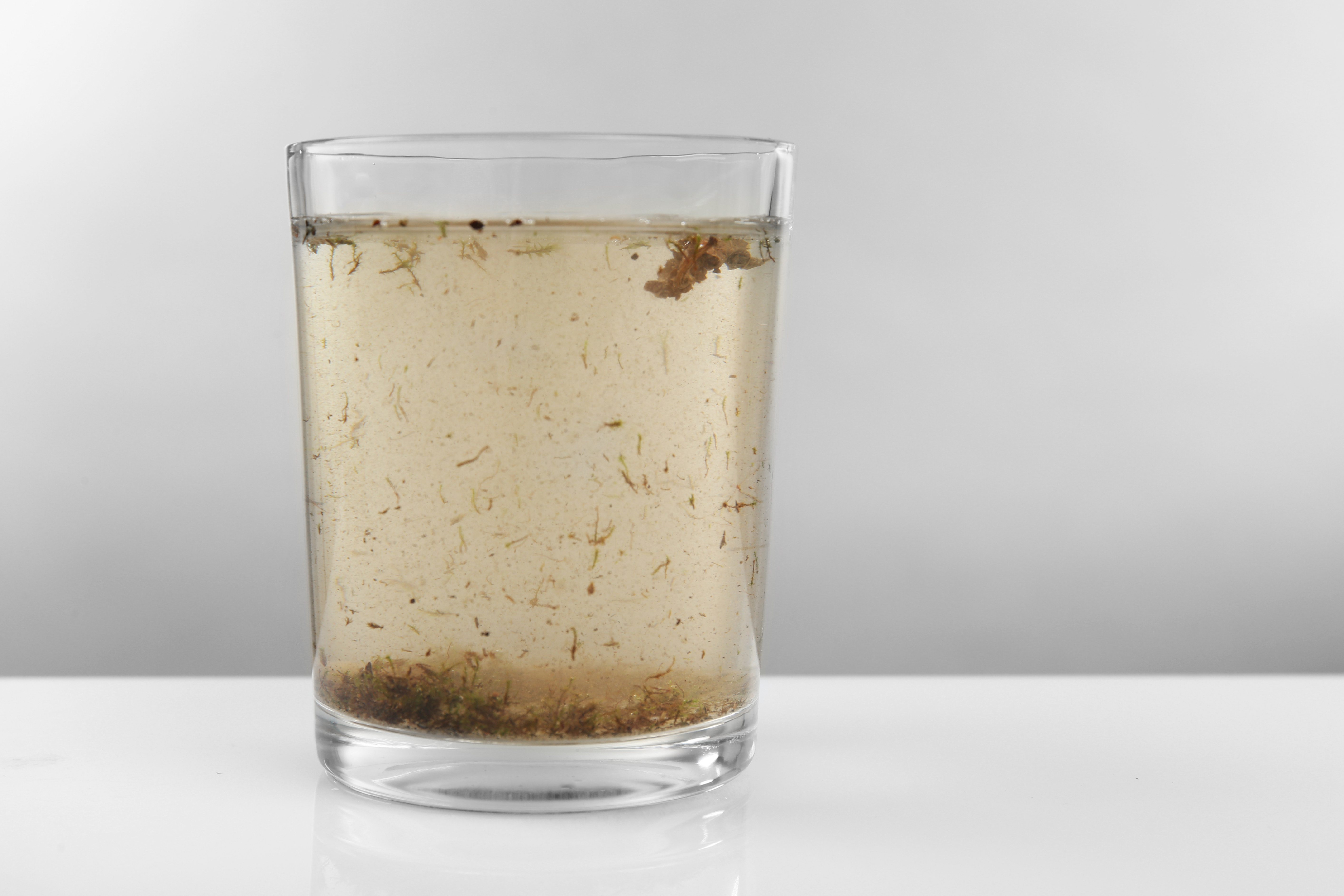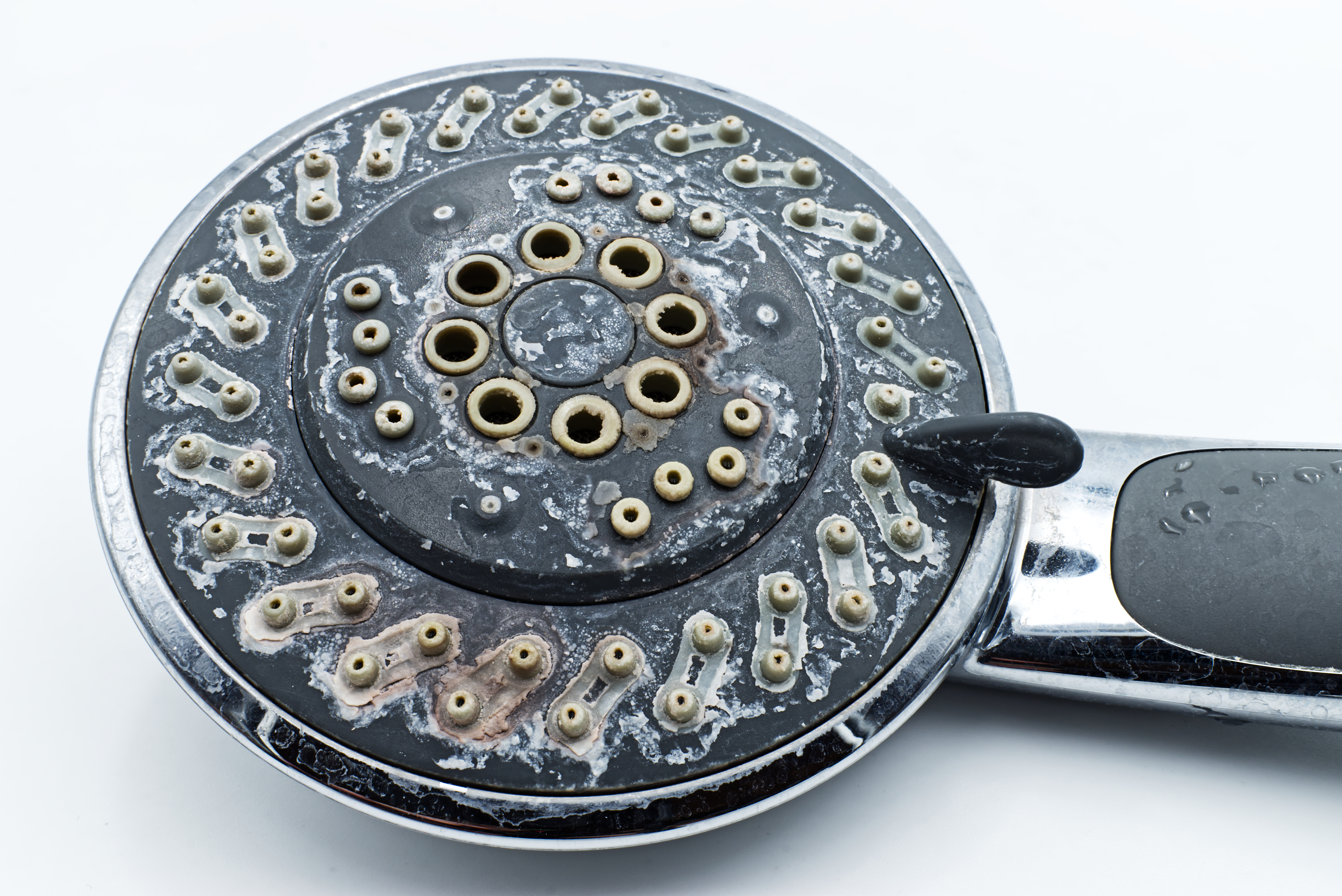If you notice bits in your water which are slimy to touch these can be caused by airborne mould spores which like to grow in damp places.
If you answer yes to some or all of the questions below, then follow the advice in the section below.
Does your water contain bits that are slimy to touch?
Do you have black or orange stains/slime on your taps and shower head?
Do you have black or orange stains/slime in your washing machine soap drawer or around the door seal?
Do you have black or orange stains/slime on sponges or flannels?
Do you have black or orange stains in your toilet cistern or around your toilet rim?
Bits, stains and slime advice
Airborne mould spores like to grow in damp places, they are not from the water supply itself. They feed on soaps, aerosols, air fresheners and even cleaning products. Limescale is a great place for mould spores to grow as it gives them something to hold on to. While not harmful to health, these moulds can be unsightly.
You can try the following steps to clear the issue:
- Remove all mould with mild bleach or sodium bicarbonate solution – leaving even the smallest amount will produce more spores causing the problem to return.
- Remove limescale where the mould grows – it allows spores to get a good grip on the surface and grow.
- Minimise the use of air fresheners and aerosols – these provide nutrients for the mould to grow.
- Improve the room ventilation, leave a window open for a while or fit an extractor fan.
Other bits in your water could include white or grey flakes or particles, hard black bits (especially if you use a water filter jug) or orange beads.
White or grey flakes or particles are likely to be limescale, you may wish to use water softeners to soften your water and reduce limescale.
Hard black bits are likely to be the filter media from the filter cartridge in your water jug. Check your water from the mains feed tap to ensure it is free of particles (if the particles are in the mains water, please contact us on 01582 344374). Change your filter cartridge according to the manufacturer’s instructions and speak to the manufacturer if you continue to have problems.
Some types of water softener add sodium to your water, giving it a salty taste. If this happens, check whether you’re drinking from a softened tap and if your softener is working properly. High levels of salt in your diet can cause health problems. If the softener is faulty or broken, it can release orange resin beads into your water supply.




